Disclosure: Meeple Mountain received a free copy of this product in exchange for an honest, unbiased review. This review is not intended to be an endorsement.
Oriwhatsitnow?
A slight fidget in the chair. Shifty eyes. Feigned calm. Unnaturally cool conversation. These are the telltale signs of a player on the verge of ending the game.
Every game has a trigger of some sort—an action that declares: this will be your final turn, or perhaps, that was your final turn. A lesser percentage of games forgo the warning signal in favor of simply springing the immediate end. No final turns. Only a sudden winner and an indeterminate number of non-winners.
There is nothing strange about this notion of a race. Classic games often progress with a clear tension and end with a knockout blow. The modern shift toward victory points and the grand reveal has made the soft ending far more common. Every now and then, though, a game goes back to the jaw-busting uppercut conclusion—and with it the elevated heartbeat and excitement of knowing the end is nigh.
The intrigue of the sudden ending is amplified by a bit of secret knowledge. In Catan, as the modern classic example, you’re in the dark regarding the Development cards in hand, so you’re never quite comfortable that the settler in the next chair isn’t wheeling and dealing to steal away the longest road and, subsequently, the game (along with your hopes and dreams).
Orichalcum, a 4Xish experience from Pandasaurus Games, takes the opposite approach, promoting the same race intensity, but with full visibility. Designed by Bruno Cathala (Five Tribes, Kingdomino) and Johannes Goupy, Orichalcum sets players as Atlantean explorers in search of a new island to replace their home, which has a slight flooding problem. I say 4Xish because players will rather loosely and lightheartedly explore their new island, expand their presence, exploit their territory for gain, and exterminate… mythical creatures. The 4X feels are in the air, but without the sort of commitment often demanded by 4X affairs.
Orichalcum is more like watching a 4X game online for a minute before cranking it up to max speed. Not so much a marathon, but rather a sprint towards a cliff’s precipitous edge.
Brass?
A turn in Orichalcum begins with a player claiming an oversized card containing a terrain tile from the central Market board. These bulbous tiles are then assigned to cover a number of circular spaces on their private player boards. There are two desired arrangements in this placement. Every grouping of three like terrain spaces will attract the attention of a Titan who comes to bless the island with a single-use power. Groupings of all four terrain types can eventually be covered with Temples. Both arrangements earn victory markers that move the player toward the five required for sudden victory.
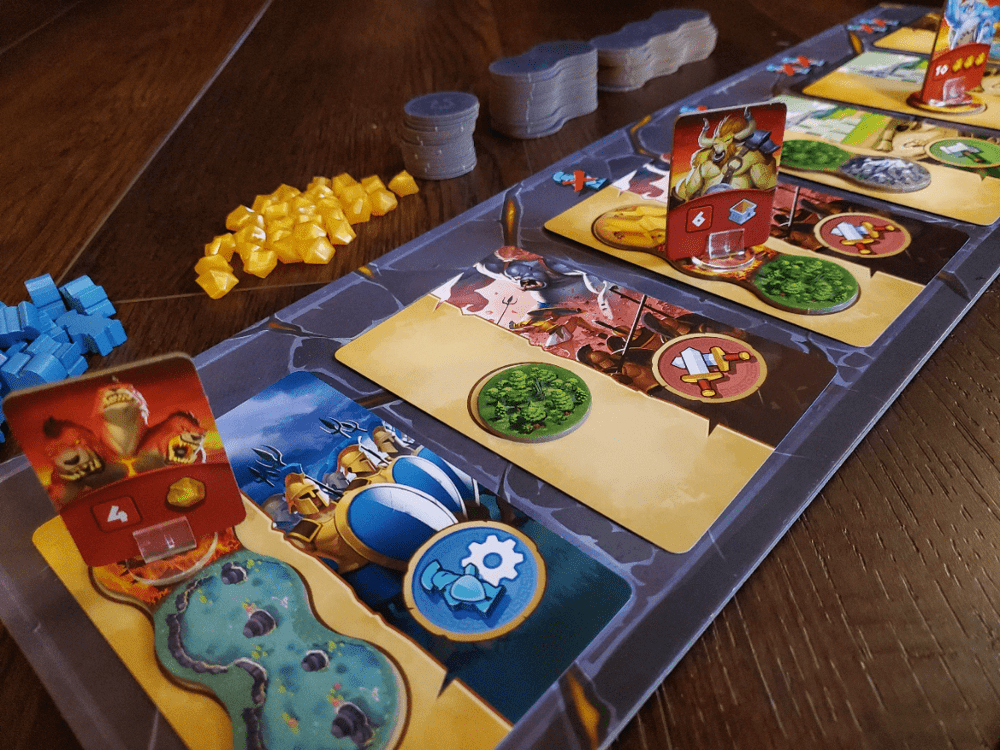
Of course, the attention of the Titans is quite fickle. Every time any player creates a grouping of three like terrain spaces, the corresponding Titan—there are four, one for each terrain type—moves to the hot new island. The Titans are also slightly exclusive, meaning players can only entertain one at a time without constructing a specific building to massage that rule. The roving Titans demonstrate the tug-of-war that maintains tension around the table. Everybody wants one, and it’s not exceptionally difficult to attract one.
Aside from the four terrain types—forest, water, desert, and mountain—volcano tiles keep life spicy for the Atlanteans. Volcanoes reveal monsters on the island. Monsters are bad. In addition to obtaining the five victory tokens, players must clear their island of monsters via dice fighting in order to win. Once clear, though, volcanoes serve as ideal locations to build mining, training, worship, and commerce centers. I’m not sure why, but they do.
After players have placed their terrain and monsters, welcoming or stealing Titans, they then take the action specified on the card. There are four actions. Produce Orichalcum (the Vibranium-like metal that makes the Atlanteans so darn special), Train Hoplites (citizen-soldiers), Construct buildings, and Fight mythical monsters.

Orichalcum, which most players will refer to as gold before long (though I prefer to call them nuggets), serves multiple purposes. Most significantly, it can be spent to purchase medallions that serve as the third possible victory point marker.
Hoplites, which most players will refer to as guys, dudes, or anything other than Hoplites before long, are primarily employed to bring extra dice to the monster fights. Rolling even a single skull (the six) will always capture a monster, but if you go about the numerical way, many monsters will require extra dice. Players fight until they lose or defeat all the bad creatures, gaining lucrative bonuses for each victory.
In each round, four buildings are available for construction. There is no cost, but every building must be placed on the terrain type indicated on the Construction board. Buildings provide additional nuggets and dudes, strengthen fighting efforts, allow for extra Titans, and more. Construction is the wellspring of combinative powers that gives Orichalcum its superpower. The only other strange rule in construction is that Monsters hinder building on adjacent tiles. See? Monsters are bad.
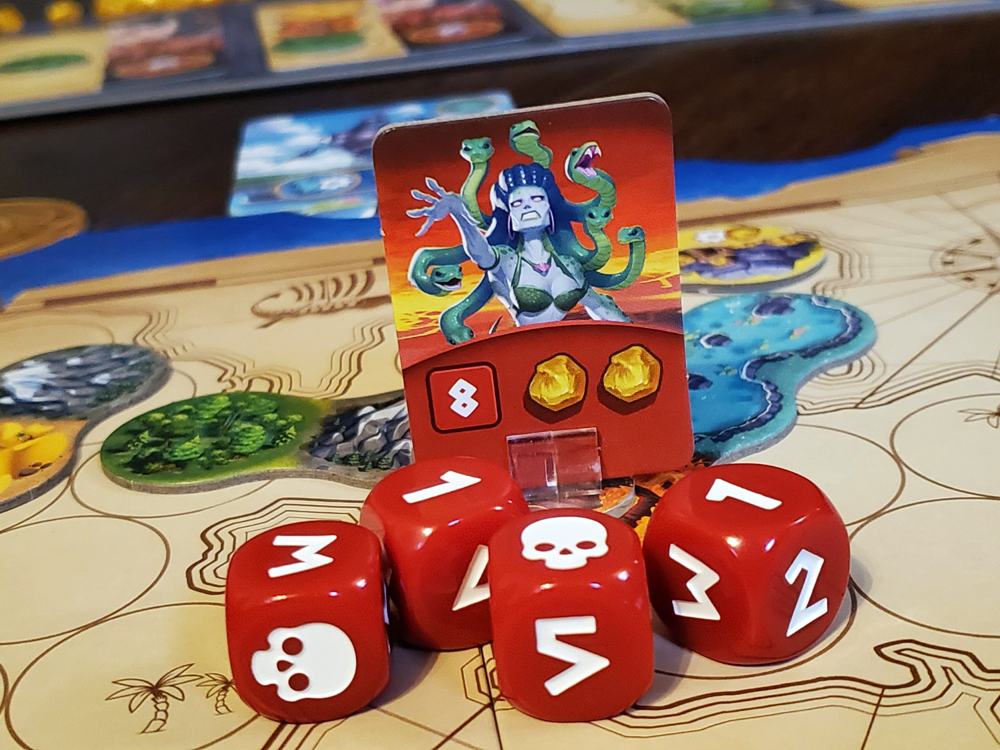
Once a player has claimed a card, placed their tile, and executed their action, they may take a bonus action by spending two somethings from their stores. Two nuggets, two dudes, or two captured monsters thereby open the door to wicked layered combos. It’s entirely possible to lay terrain, claim Titan Theia (who is a victory token), construct a Temple (with a victory token), use the Titan’s construction bonus (for another victory token), then spend stored monsters to spend some nuggets to purchase a medallion (another victory token), closing the gap and winning the game in one epic turn. How do I know this? Because that’s how the game ended last night.
Bronze?
Orichalcum is a roller coaster. I say that not because of a series of ups, downs, and loops, but rather because the first half of the ride is spent in a slow build that then resolves itself as a high-speed screamer that often ends before you realize what happened. In the “last night” game I just mentioned, I rolled out to four victory tokens early and an island without a monster in sight. Everyone thought I was going to win. But the terrain options stopped cooperating, I was out of dudes (which meant I was limited to the free card/tiles), out of captured monsters, and I had to effectively start over late in the game. I had timed myself for a perfect four point victory in a five point game. Our friend who had been in last place surged late and pulled off back-to-back turns I would characterize as crazy-effective on the way to victory.
The Market is clever. Pairing cards with tiles makes every decision interesting. When you desperately need Hoplites but they come with Monsters, small beads of sweat form as you look over everyone else’s board to see if they can win in the next turn or two while you deal with a pest problem. Stress makes suboptimal choices more appealing, doesn’t it? The Market does not replenish after each turn, but at the end of the round, meaning the first player gets the full spread, but might have to spend a couple Hoplites to get the most wanted card. The last player has fewer choices, but everything is cheaper. I like the Market.
Nearly every component in the game is doing more than one thing. Terrain arrangement, as I’ve already mentioned, is a layered puzzle. Nuggets and dudes are useful for those bonus actions, but at the expense of precious medallions and fighting dice. Monsters are a pain in the butt that bring significant rewards. Temples grant victory tokens, but when a terrain is covered, it is no longer considered a terrain for the purpose of those pesky arrangements. Building construction also enhances power but interrupts the terrain-type patterns. Such diversity keeps the decision-making rich throughout.
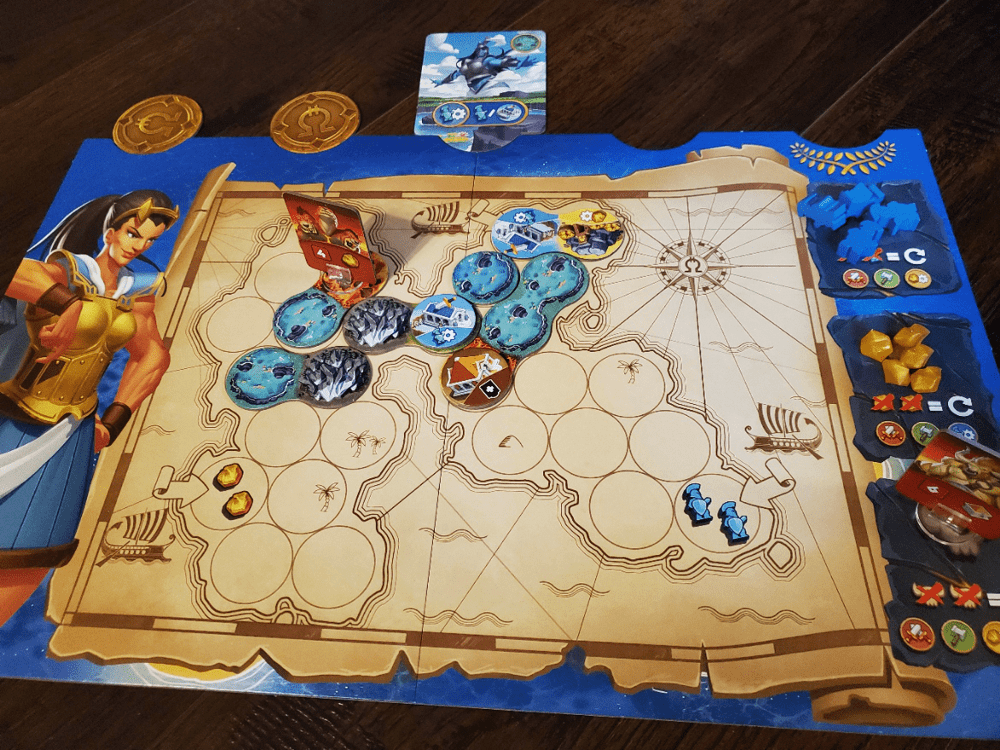
There is a distinct advantage to being the first player. The honor goes each round to the player with the most Hoplites in their supply. The last player then gets a free Hoplite as compensation, but that bonus doesn’t always offset the blessing of options. The last player will face limited terrain and construction choices. The honor will travel about during the game, but I don’t think it a small coincidence that the player who has spent the most time near the pole position has regularly won in our plays.
Each player board is rather large and two-sided for varied complexity. Rather large can be fun, but these boards are not of the highest quality. In fact, they form my singular complaint about the components. One was wobbly-warped after the first play! The variety is nice, but a half-millimeter’s thickness would have made a world of difference at that size. The other bits are superb. The game will take up quite a bit of space on the table, but it has a youthful charm.
Orichalcum translates well across the various player counts. At two players, turns end by discarding an additional terrain/tile combo which leads to a touch of extra handling. At four players, the ever-changing Market and Construction boards suffer the greatest change from first to last. Plus, if you’re the type to calculate the potential on the table, you’ll find yourself stretched thin. Three may therefore be the sweet spot, but I found the tension and the overall feel of the game to be quite consistent.
Overall, I can see merits galore in Orichalcum. I can also see lots of folks loving this title—but it’s not for me. While I can appreciate the depth of decision-making that goes into pulling off the multi-action combo necessary to win, I think the game requires a level of high-stakes attention that doesn’t interest me. All the information is open and visible throughout the game. Had I wanted to, I might have been able to think through the winning mega-combo in the “last night” game and then take the tile that made the whole wicked chain possible. But in doing so, I would have stunted my own island in a time-critical game, likely opening the door for someone else to win on their own mega-combo. It’s less a king-making concern than a quibble with information glut. Four islands. Six possible tile/card draws, and then the likely extra actions. At two players, I might spend that much time on examinations, but at four?
The score shifted from 4-1-2-1 to 4-5-3-3 in the final two rounds. A Titan, a Temple or two, and a medallion, and it was over. The wild swings are exciting, but to really play would mean keeping sharp eyes on every board all the time. Again, I think many will enjoy Orichalcum to death for these reasons. But it swings so hard, so fast that it is jarring for me. I keep referring to that one game because it is fresh on my mind, but my other plays have ended much the same. At two, three, and four players, this thing swings fast and free.
Take my concerns with a grain of salt. I really do think Orichalcum is a tactical gem full of profitable combos that reward attention and creativity. I don’t regret a minute spent here. But if combos aren’t your thing, or if calculated, fast-approaching cliffside endings aren’t your thing, you might be a little uncomfortable. If you’re itching for a nugget-digging, dude-slinging, monster fighting Atlantean foot race, though, I say give it a try.


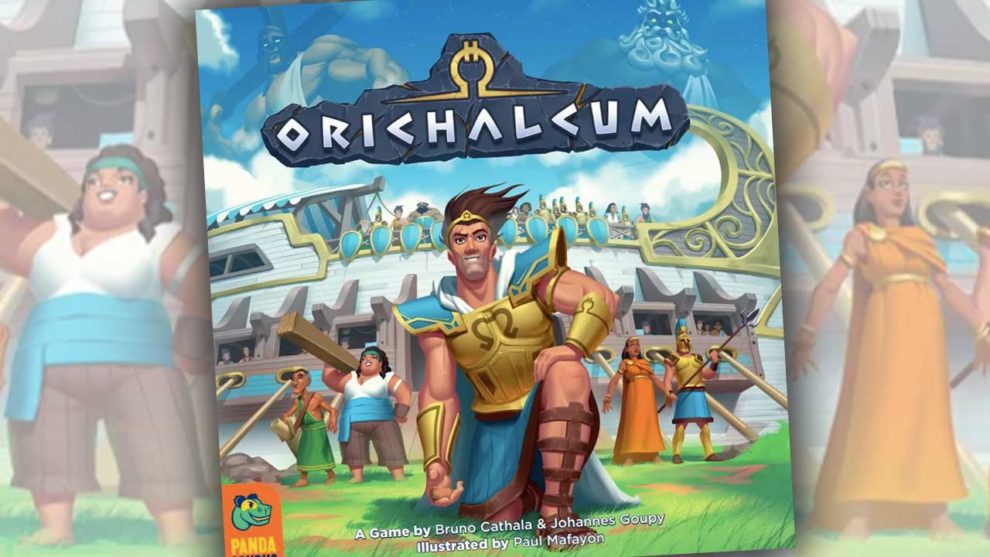

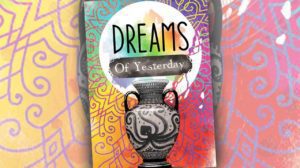
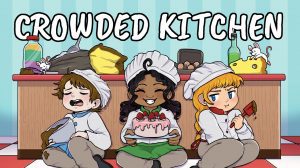
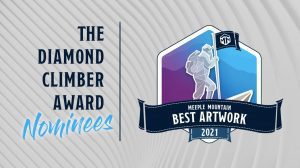
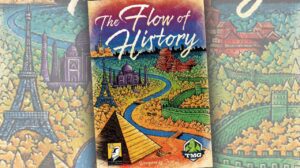




Add Comment